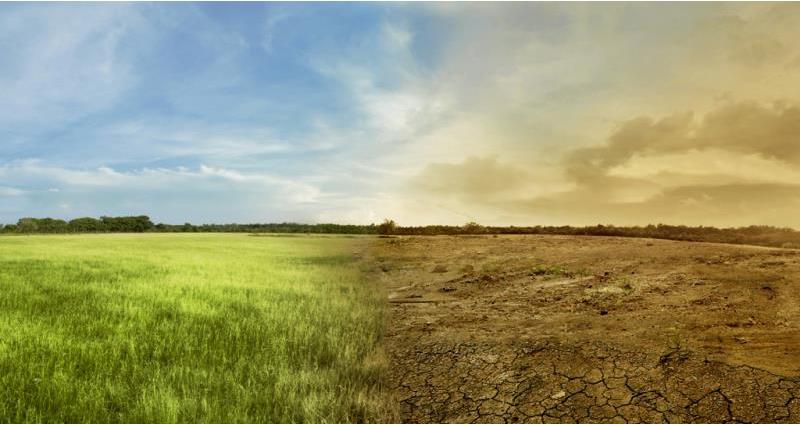The declaration came during this week’s National Drought Group meeting in London where the Met Office said that January rainfall to date is just 4% of the long-term average (LTA), potentially the driest start to any year on record.
Low rainfall is predicted for the immediate future, with fears of low temperatures and snow to come.
While most if not all water companies are currently confident about maintaining water supplies as long as rainfall stays above 60% LTA for the next few months, the forecast for agriculture and the environment is gloomier.
See also: Dry weather toolbox - all the information in one place
Attention is mainly focused on the Midlands and East Anglia. Overall, groundwater levels are normal or below normal for time of year, but some Anglian aquifers are unlikely to return to normal even with average rainfall.
Soil moisture deficits are increasing at time of year when they should be decreasing.
Fears are growing that some rivers will be notably low by the end of May.
We are in a similar position to 2017 and in a better position than early 2018, but last spring’s high rainfall event had a major impact on water availability.
A return to wet weather conditions could still turn the situation around, but summer drought measures/conditions are increasingly likely if dry weather persists. Paul Hammett, NFU water specialist, represents the farming sector on the government drought group, he said: “We have asked government to do all it can to avoid a repetition of last year where domestic supply was unaffected while farmers ran out of water.”
The NFU has tabled a series of requests to Defra and the Environment Agency on the basis of ‘hoping for the best but preparing for the worst’. These include:
- Early review of licence flexibility developed last year, with particular focus on arrangements to late-fill farm reservoirs when water is available
- Exploring opportunities for farmers to take water from public companies like Anglian Water, and understanding how the regulations can be changed to unlock water
- Greater understanding of ways to support farmers and rural dwellers/businesses who rely on private drinking water supplies
Key environmental concerns for are fish kills, wading birds and fire risk. Salmon populations have struggled to reach spawning grounds due to low flows and high water temperatures.
The NFU will be working with the Environment Agency to broadcast and discuss irrigation prospects in key catchments during early March.
More of our work on irrigation and water resources:
